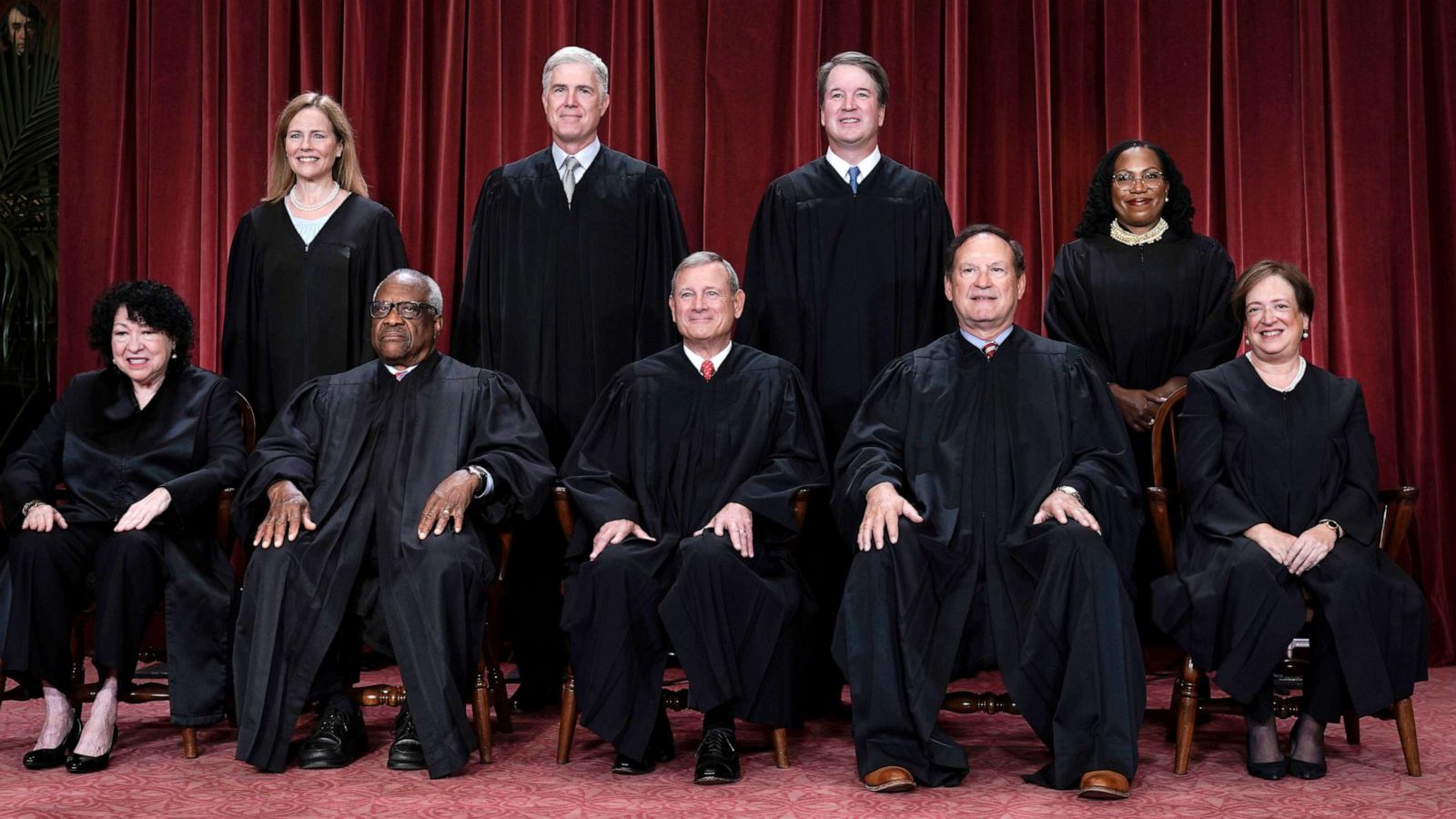In a landmark ruling that has reignited the national debate over voter ID laws, the U.S. Supreme Court voted 5-4 to reinstate an Arizona law requiring proof of citizenship to register to vote. This decision marks a significant victory for proponents of stricter voting regulations and has drawn sharp criticism from advocates of voting accessibility.
The Arizona law, initially blocked by a federal judge after challenges from the Biden administration, mandates that individuals provide documented proof of U.S. citizenship when registering to vote using the state’s registration form. This requirement, however, does not extend to those voting in person or using the federal registration form, which only necessitates a declaration of citizenship under penalty of perjury.
The ruling comes at a critical time, just as the nation gears up for the November 5 elections. The decision has fueled discussions about election integrity versus voter suppression, a debate that has polarized the nation’s political landscape. Those in favor of the decision argue it is a necessary measure to ensure election integrity, preventing non-citizens from unlawfully influencing elections…and rightly so. Arizona’s Republican-controlled legislature, which enacted the law in 2022, maintains that the measure balances electoral accessibility with security. Former Governor Doug Ducey emphasized the law’s intent to count every lawful vote while preventing illegal voting attempts.
Conversely, opponents of freedom, including the Biden administration and various advocacy groups, argue that such laws disproportionately affect minority voters and create unnecessary barriers to the ballot box. They contend that the law violates the National Voter Registration Act, which stipulates that states must accept the federal form for voter registration without requiring additional documentation.
The Supreme Court’s decision has been met with mixed reactions. Conservatives hail it as a triumph for election security, while liberals view it as a setback for voting rights. Justice Amy Coney Barrett’s alignment with liberal justices, opposing the ruling, underscores the complex dynamics within the Court regarding this issue.
As the ruling reverberates across the political spectrum, its implications for the upcoming elections are profound. It may influence voter turnout and shape the strategies of both political parties. Moreover, this decision could set a precedent for other states considering similar measures, further intensifying the national discourse on voter ID laws.
Ultimately, the Supreme Court’s ruling on Arizona’s voter law epitomizes the ongoing struggle between ensuring election integrity and maintaining broad voter accessibility. As the nation approaches another pivotal election, the decision will undoubtedly impact the broader narrative of American democracy and the fundamental right to vote.


Leave a Comment